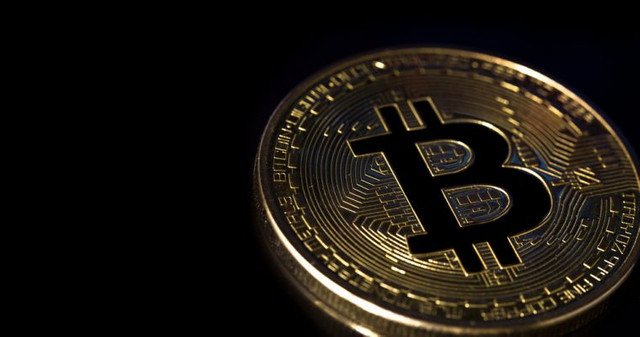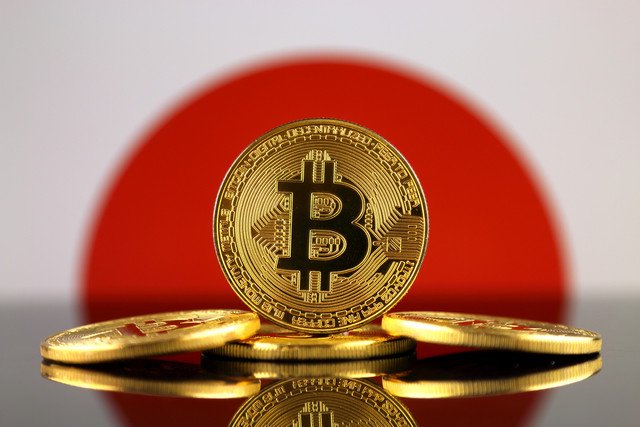Are regulatory laws a threat to the crypto world?
When bitcoin and altcoin emerged from the shadows, they were only used by adventurous investors. Now that banking, state capital laws, and their large investments have been compromised by crypto technology, they began to feel threatened. Especially after observing the exponential growth that occurred in the capitalization of the Coin Market Cap between 2017 and 2018.
Bitcoin has a somewhat dark origin. Since its birth in 2008, it has been offered as the means of exchange on the Deep Web and as an encryption channel for sending files and messages in a decentralized and anonymous way. Since its birth, Satoshi Nakamoto's blockchain company, The Bitcoin Core, has inspired other entrepreneurs such as Vitalik Vuterin or CZ, the CEO of Binance, to form their own crypto companies. In the course of time, BTC proved not only to be an asset capable of giving back more than 750% to those who have invested in it, but its technology has been adopted and expanded throughout the world.
Altcoins also developed their own ecosystem. Blockchains like Ethereum gave way to Assets and Stacking. In the development of new tokens and reward systems with its own ecosystem, more investors, including large companies, were attracted.
However, the main interest of cryptocurrencies has always been in the exchange power that they have as a value object and their ability to trade against Fiat currencies, such as the USD, which has been depreciated. In the case of bitcoin against the dollar, this latter has depreciated by more than 19,000%.
In the development of this new financial market, new players and large capitals approached and have been introduced. But just as auditors and hedge funds have grown as millions accumulate, authorities like the SEC and other regulatory entities have begun to keep an eye on it. Not only because of the excessive amounts of money circulating in the market through crypto currencies, but because of the ease with which such large amounts move in a matter of seconds, completely anonymously and out of the reach of any regulatory entity.
This peculiarity of cryptography has made her a target of accusations such as the complaints filed by the FBI's Department of Computer Crime, of money laundering with cryptocurrencies, drug sales, child pornography, among other abuses and crimes committed on the Deep Web. Despite what happens there, regulatory laws are born for other reasons, one of which is that crypto threatens the traditional financial system.
Despite the fact that large banks currently invest in blockchain and specific assets like XRP or Tezos, this does not mean that you will soon be able to withdraw bitcoins from your closest bank. And the response of many Central Banks is that the crypto world seems very dangerous, since it does not have any control or regulatory entity that can verify, maintain and supervise the transparency of transactions. Something that blockchain technology can do on its own without the need for a third party.
The issue of money laundering will be one of the points on which the regulations place the most emphasis. Crypto provides the ability to exchange fiat money for any asset with more value without any regulation, as well as send and distribute funds among many wallets and other assets. This is the reason why they have put regulations and requirements for the different exchanges, such as the KYC (complete verification of documents) or the recent law of the Netherlands, the AML5, which forced two exchanges to leave the market. The Asian continent has not been left behind and Japan has carried out both a special department this year, the Japan Virtual Currency Exchange Agency (JVCEA), and the Payment Services Law (PSA), to begin to have much stricter control of the industry in the country.
These kinds of regulations were coming sooner or later, but they are not really a threat to the crypto ecosystem. These types of regulations are a manifestation of the current financial system adapting and trying to centralize the use of these instruments to a lesser or greater extent. However, this does not change the nature of crypto or blockchain. They will bring out certain changes and new agents, but they are not the end.
Every cryptocurrency investor will have to adapt in one way or another to these regulations, which will surely grow and develop alongside this new financial system. But if there is one thing we can be sure of, it is that the crypto market is here to stay and that the old institutions will have to adapt to the new technology. Money laundering crimes and their use for illegal purposes have always existed, and white-collar criminals still launder millions of dollars in regulated banking institutions. Such crypto laws are a representation of the fear of these institutions and of various financial powers that want control.
The most precious thing about this trip, in which we are immersed thanks to Satoshi Nakamoto, is that it was shown that money does not depend on any institution that prints bills, but on a technology that anyone can access, mining from the comfort of your home. The total decentralization of money and the financial system represents one of the most libertarian expressions in human history. What was once of a few is now freely accessible and of each of us who are interested in this gigantic world of crypto.
Share your opinion about decentralization and regulations. Do you think this will be able to slow the growth of the crypto industry?
Alejandro Aristeguieta
editing and text translation to: instagram: @ j.lanz.b




